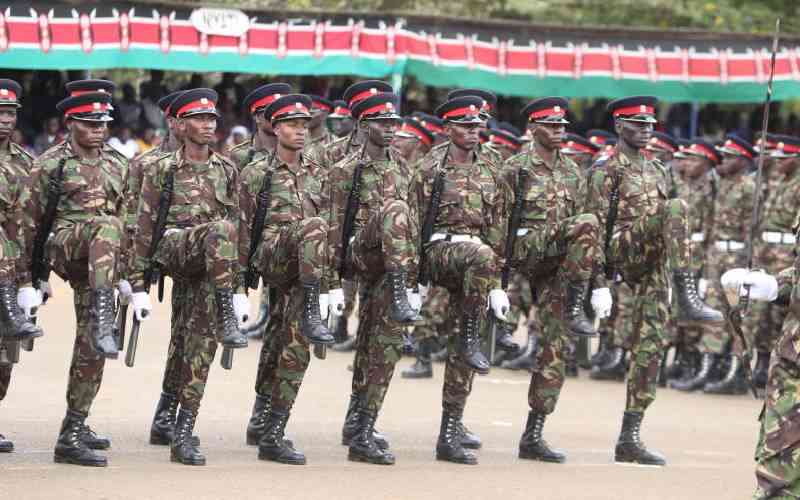Stony Brook study: Researches found PTSD can persist for many of 9/11 responders, and even intensify for a smaller percentage
In the years following his 9/11 search and recovery efforts at Ground Zero, Richard Roeill pushed aside his own emotions to continue his job as a steelworker and volunteer firefighter with the Merrick Fire Department. But in 2017, the distress he once tried to ignore began to disrupt his sleep and waking life. He sought medical treatment and was diagnosed with post-traumatic stress disorder, Roeill recalled Thursday.
"I pushed it off for a very long time. It just got overbearing. It starts affecting your work and home life," said the 63-year-old Northport resident, now retired. Roeill lost track of how many funerals he attended and how many of his friends passed away as a result of 9/11-related illnesses.
While he said therapy has helped, some of his symptoms have started to flare up. He said it’s not too unusual to cry or have a flashback, so he avoids the news and prefers not to discuss his time at the pit, but as an advocate for 9/11 first responders, he often has no choice.
Roeill’s delayed and heightened symptoms of PTSD aligns with the findings of a recent study conducted by Stony Brook Medicine researchers that looked at 12,822 World Trade Center responders from July 2002 to December 2022, determining that PTSD can persist for many of them and even intensify for a smaller percentage.
While many responders' symptoms improved after a decade, "approximately 10% experienced worsening or persistence of symptoms after 20 years despite the availability of free treatment," according to the study published in Nature Mental Health. All the responders that were part of the study are enrolled in the federally funded Stony Brook World Trade Center Health and Wellness Program. It took an average of 8 to 10 years for symptoms to improve in people diagnosed with PTSD.
The study’s leading author, Frank Mann, said the research has important implications for identifying delayed and relapsing cases of PTSD, which would be missed by "single time point screenings," and require continued screening and monitoring. Mann said that among the 10% of responders experiencing worsening symptoms, many are also experiencing physical comorbidities.
Mann said there are several reasons PTSD could peak later, including mounting stress from jobs, coexisting medical conditions and a genetic risk factor.
"The work of firefighters and police officers is essentially one trauma after another day to day, so these cumulative occupational stressors likely contribute to symptom burden in this late peak, other factors could include things like delayed retirement or ongoing medical comorbidities, even underlying genetic liability," said Mann, a senior research scientist.
Memorial events, funerals and visits to the WTC site could also cause PTSD symptoms to reemerge, he said.
The research also found that volunteers who were not trained in emergency response, like construction workers, had poorer long-term outcomes.
Mann also pointed out that the top 10% whose symptoms are worsening are "incurring most of the health care expenditures, and also have high rates of functional impairment decades after their trauma." He said the "delayed recovery and late peak and symptom burden" should have medical and public health officials rethinking long-term care following exposure to a major disaster.
Dr. Benjamin Luft, director of the Stony Brook WTC Health and Wellness Program and co-author of the study, said PTSD "has probably the greatest impact on not only the mental health of patients, but also on the development of other physical diseases." He said the landmark study highlights the physical and mental impact 9/11 continues to have on a significant number of responders, even nearly 24 years later.
"When you have these problems, these diseases that occur over a long period of time, you have to be able to take care of them in a concerted and deliberate manner, with the expectation that it's not going to go away, but you have to be there for the long haul," Luft said, stressing the need for continued funding of the WTC Health Program.
For retired FDNY EMS worker Ivonne Sanchez, 59, who was diagnosed with PTSD in 2002 after 10 months of sifting for human remains in the pile, the gravity of that experience has never completely vanished.
Like Roeill, Sanchez must also avoid certain triggers to avoid reliving the trauma. While she was driven to give families of 9/11 victims closure, she was tormented by hundreds who were never found, including her partner. Wracked by survivor’s guilt, she often felt there was no way to escape the pain.
"I was down there for 10 months, and I still see ghosts. I would go home and it was on me, the smell, the dust and everything, so I would regurgitate," said Sanchez, of the Bronx, who is pushing for a federal bill to increase funding for the World Trade Center Health Program to cover the initiative’s projected $3 billion shortfall.
“I don’t think they should stop treating people and people shouldn’t say you’re weak for needing help," Sanchez said.












